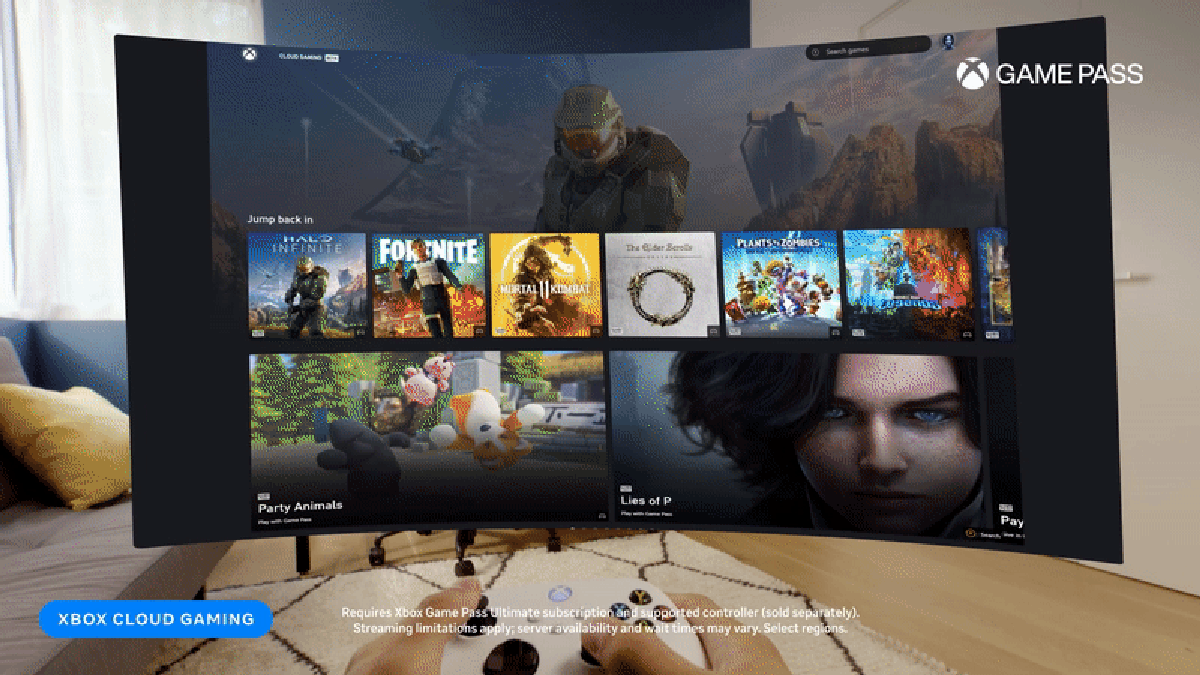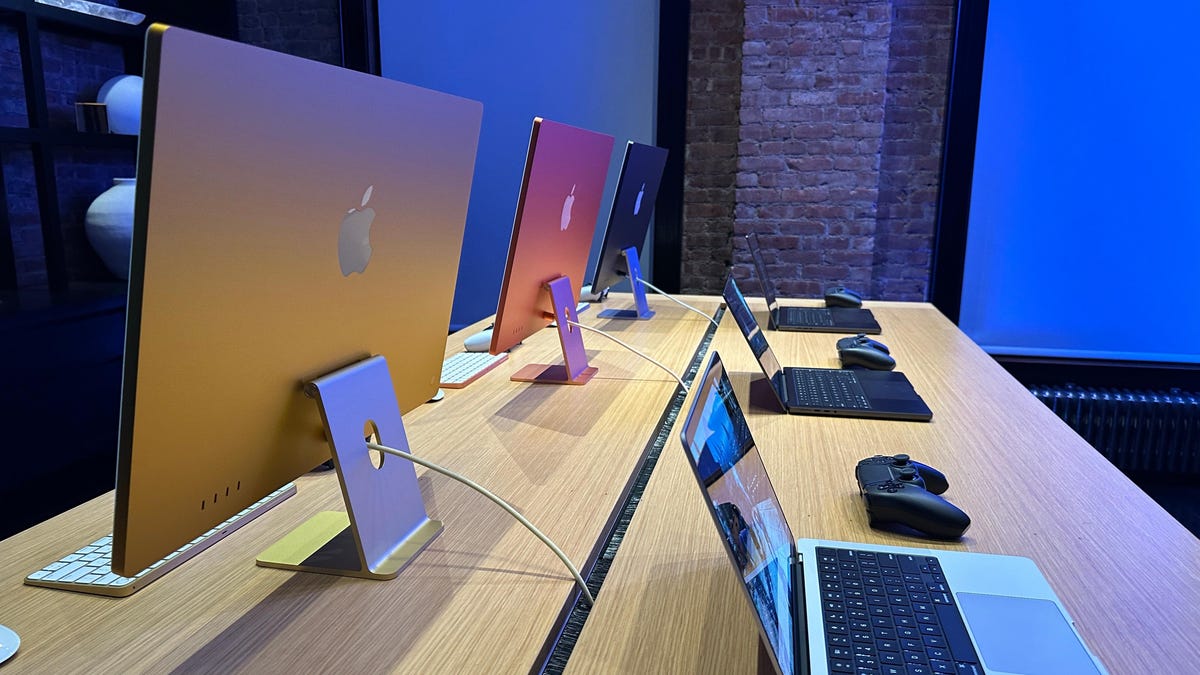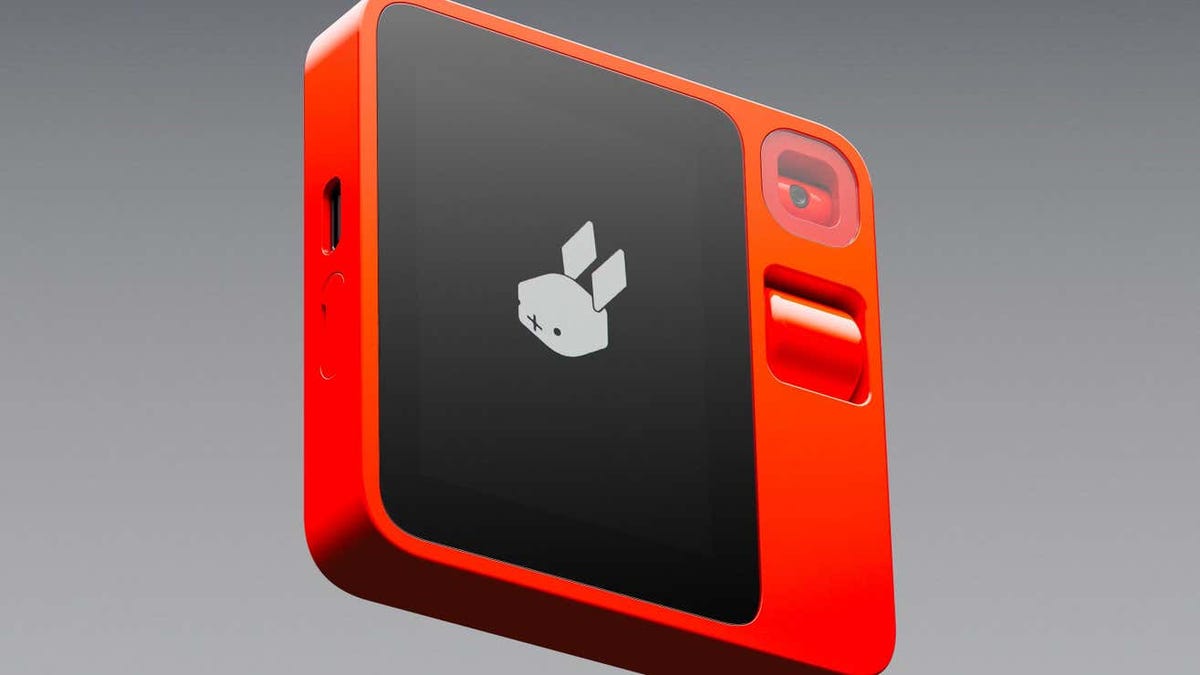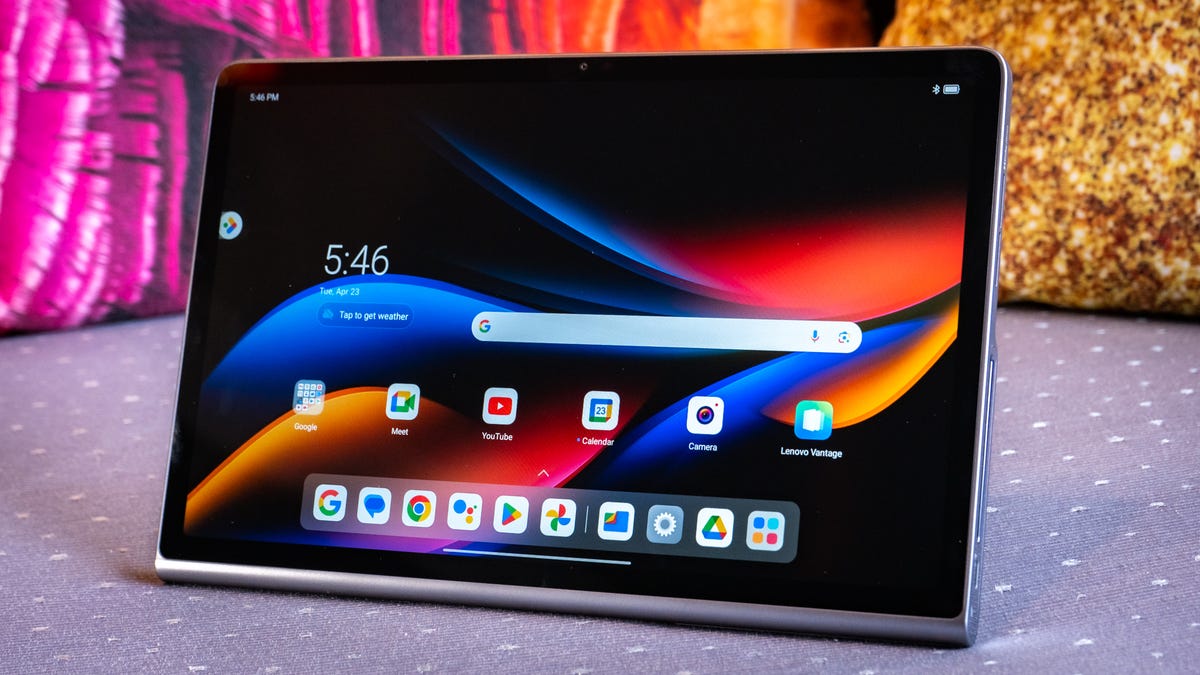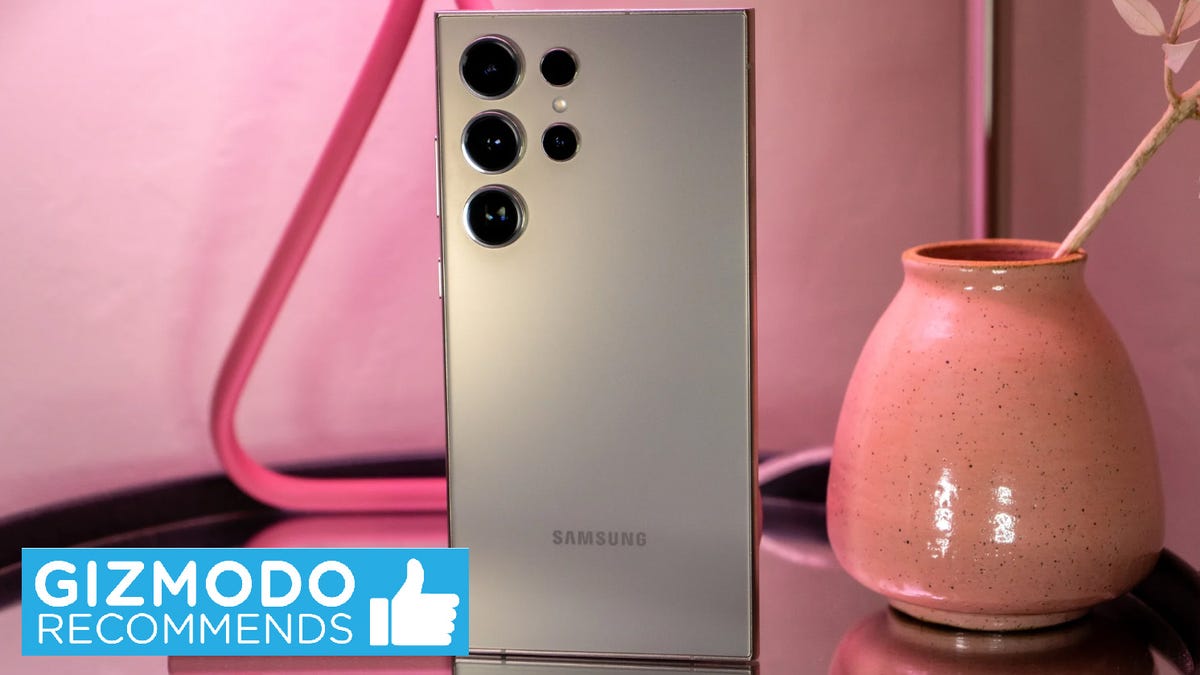Have you ever wanted to wear the screen you play your Xbox games on? If you were desperately looking for yet another device to use your Game Pass Ultimate subscription, Meta and Microsoft told users Wednesday that they can start running through their cloud gaming library on Meta Quest headsets, including the Quest 2, Quest Pro, and Quest 3.
To get it going, you’ll need to have the latest Quest patch, a $17-a-month Game Pass Ultimate subscription, and a physical controller that can connect to the Meta Quest via Bluetooth. Currently, the system supports a bevy of third-party devices along with the Nintendo Switch Pro, Xbox, and PlayStation 4 controllers. The company promised PS5 DualSense support is coming in the near future.
To get the most out of a streaming game, you’ll need a speed of at least 10Mbps, though 20Mbps is recommended. After that, it’s as simple as downloading the new Xbox Cloud Gaming (Beta) app to jump directly into Microsoft’s growing library of streaming content.
It’s not like you’ll be playing these non-VR titles in VR. Instead, you’ll use the virtual TV that casts the game into a floating, curved monitor that hovers before you. You won’t be able to use the Quest Touch Plus controllers by default, which is why you need the extra third-party controller; however, if you’re making use of the Quest 3’s full-color passthrough to see your controls and living room in real-time.
Microsoft seems to be making good on its plans to put Game Pass on every platform possible. We’ll have to run our own tests to see how well everything works when playing single-screen games through VR, but as long as there’s low latency, the experience shouldn’t be too different than watching 2D movies through the Quest.
On the flip side, Meta has been far more open to other major gaming companies streaming through Quest headsets. Earlier this month, Valve revealed its Quest app, which allows users to stream their Steam VR games directly to their Meta-brand headsets. That app requires a separate computer to handle the backend of running the game, but in Xbox’s case, the company is already taking that side of things through its servers.
Meta has been trying to put the emphasis on big-name titles like the recent Assassin’s Creed Nexus VR, but it seems the company has adopted a “more is more” approach to boost sales of its mainline virtual reality headsets. Earlier this year, the company cut 4,000 jobs from throughout its business, and some of its in-house game studios were hit especially hard. Meta may be trying to open up its still somewhat closed VR ecosystem to more than its few lingering first-party developers.


